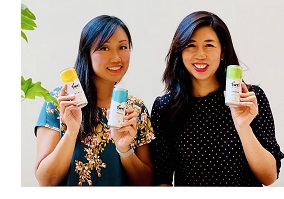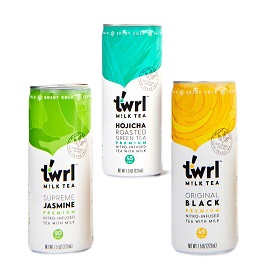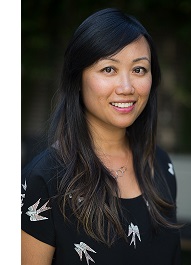


 “Boba
is kind of an indulgence,” says Ang. “But [Twrl] is guilt-free.
You can drink it every day and feel good about it because it has
all the good ingredients.”
“Boba
is kind of an indulgence,” says Ang. “But [Twrl] is guilt-free.
You can drink it every day and feel good about it because it has
all the good ingredients.”  Ang
took a rather circuitous route to becoming an AAPI business owner.
Born in Hong Kong and raised in Hawaii, she began her career as a
marketing and branding executive at Plumtree Software but went
back to earn an MFA from Academy of Art University when she
realized her true passion was in graphic design.
Ang
took a rather circuitous route to becoming an AAPI business owner.
Born in Hong Kong and raised in Hawaii, she began her career as a
marketing and branding executive at Plumtree Software but went
back to earn an MFA from Academy of Art University when she
realized her true passion was in graphic design.